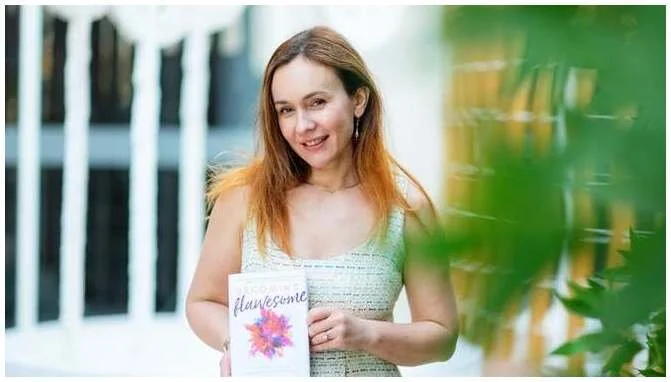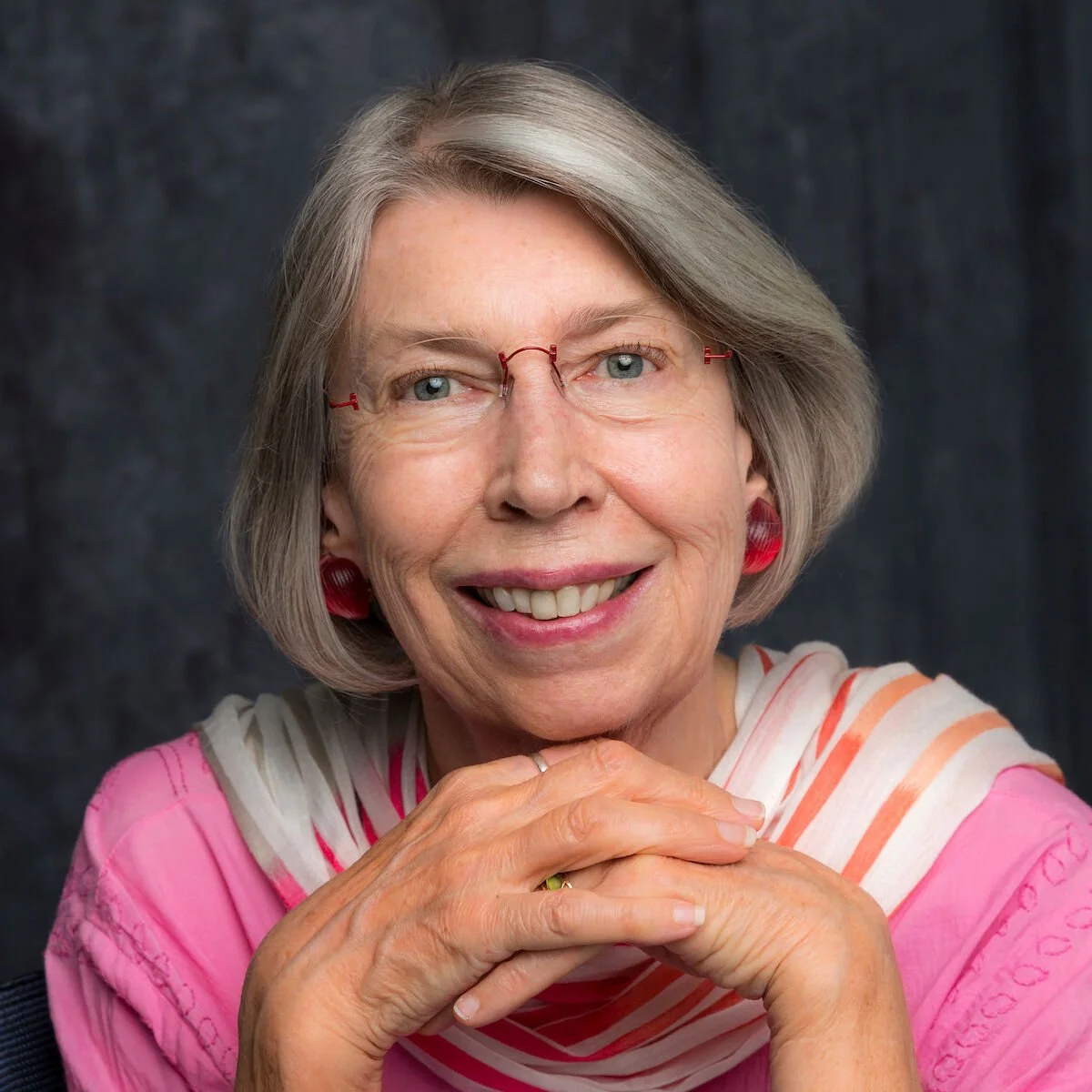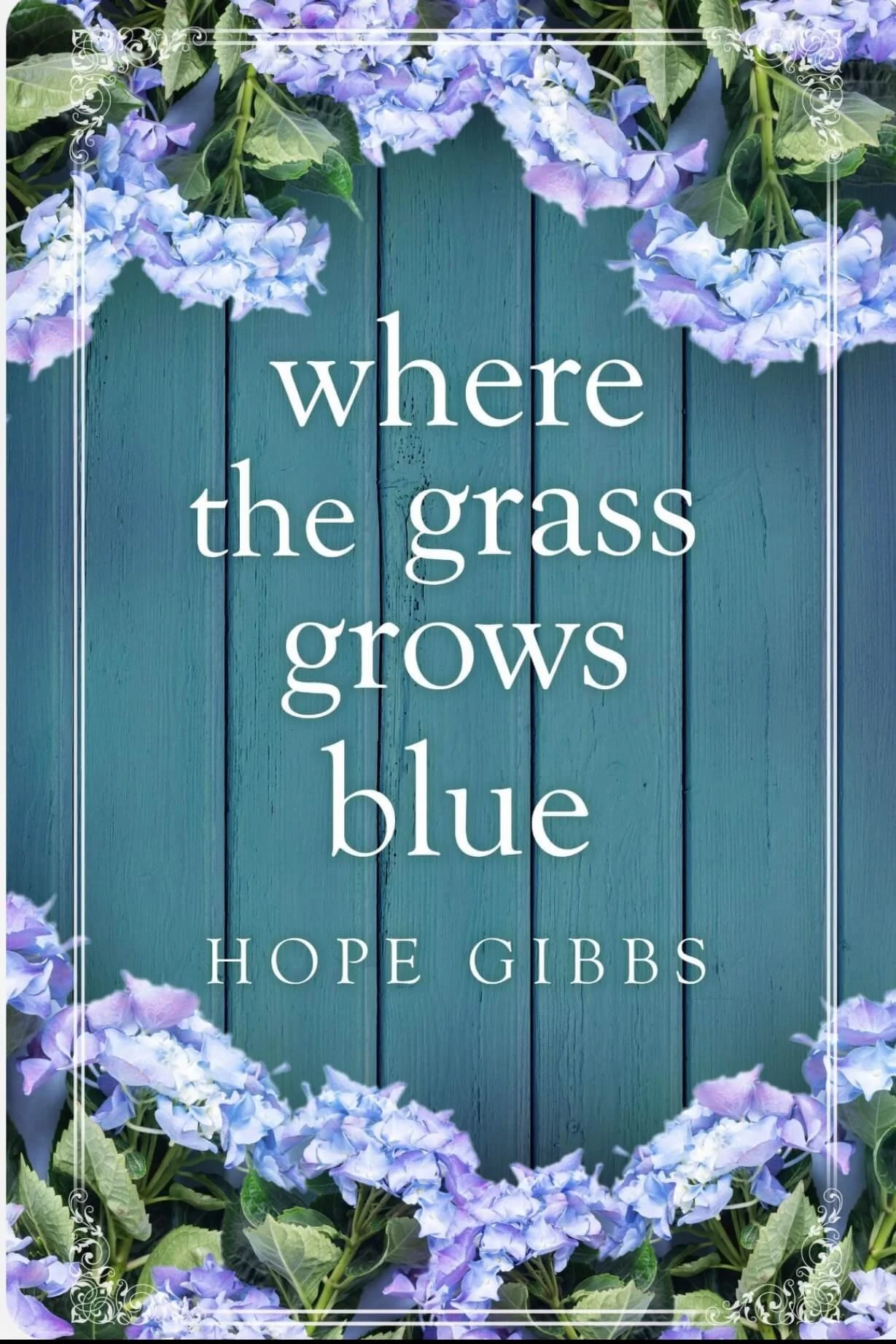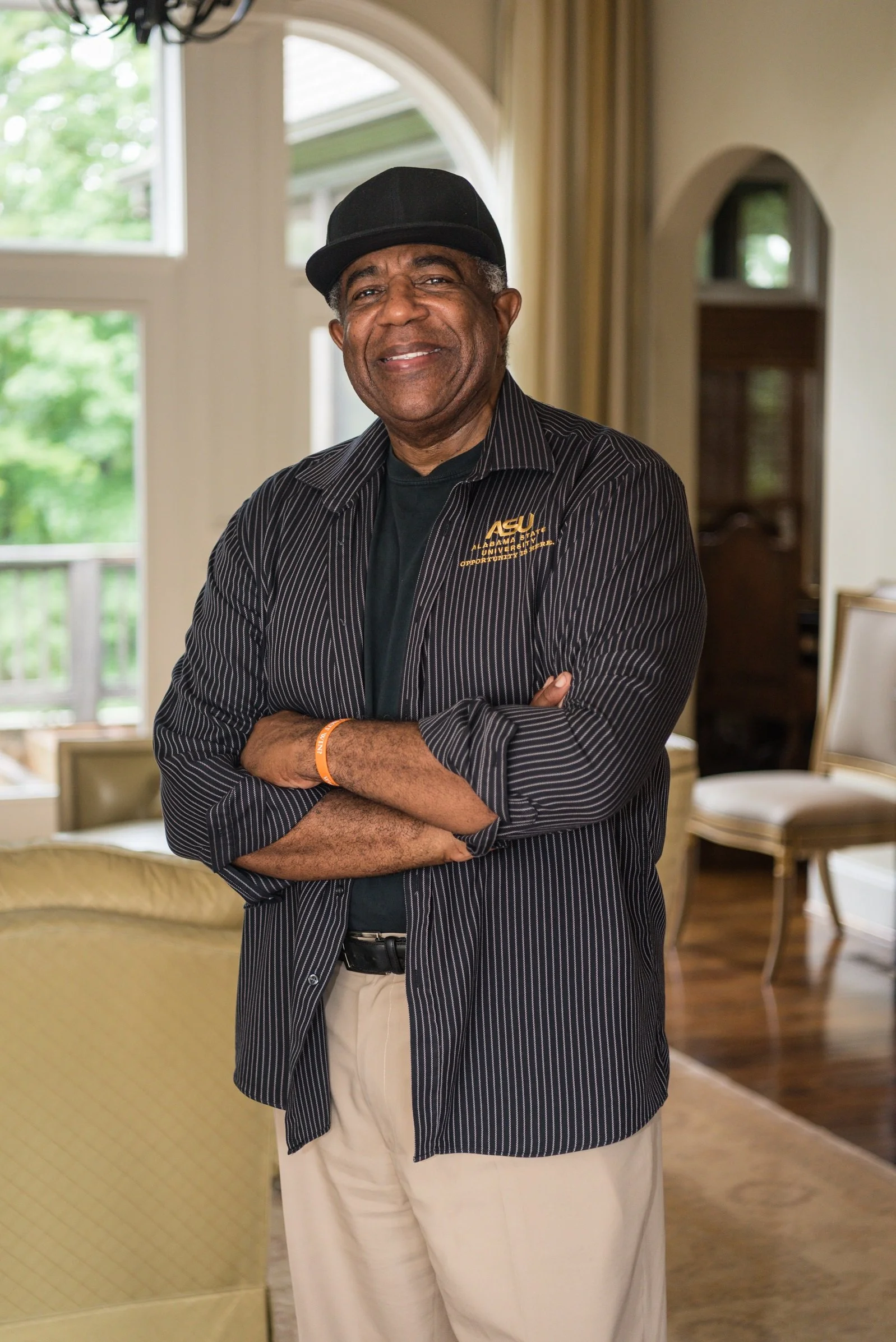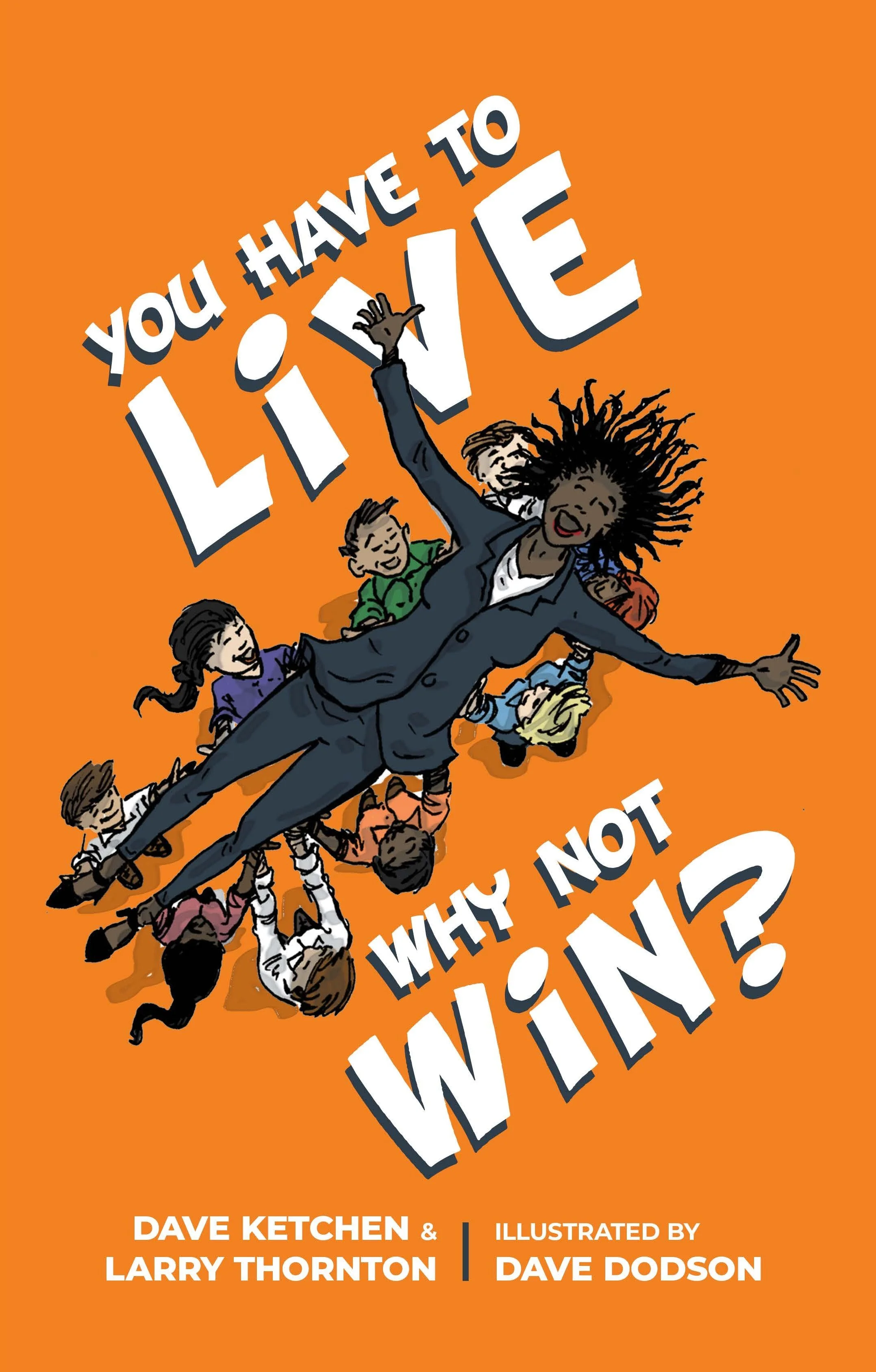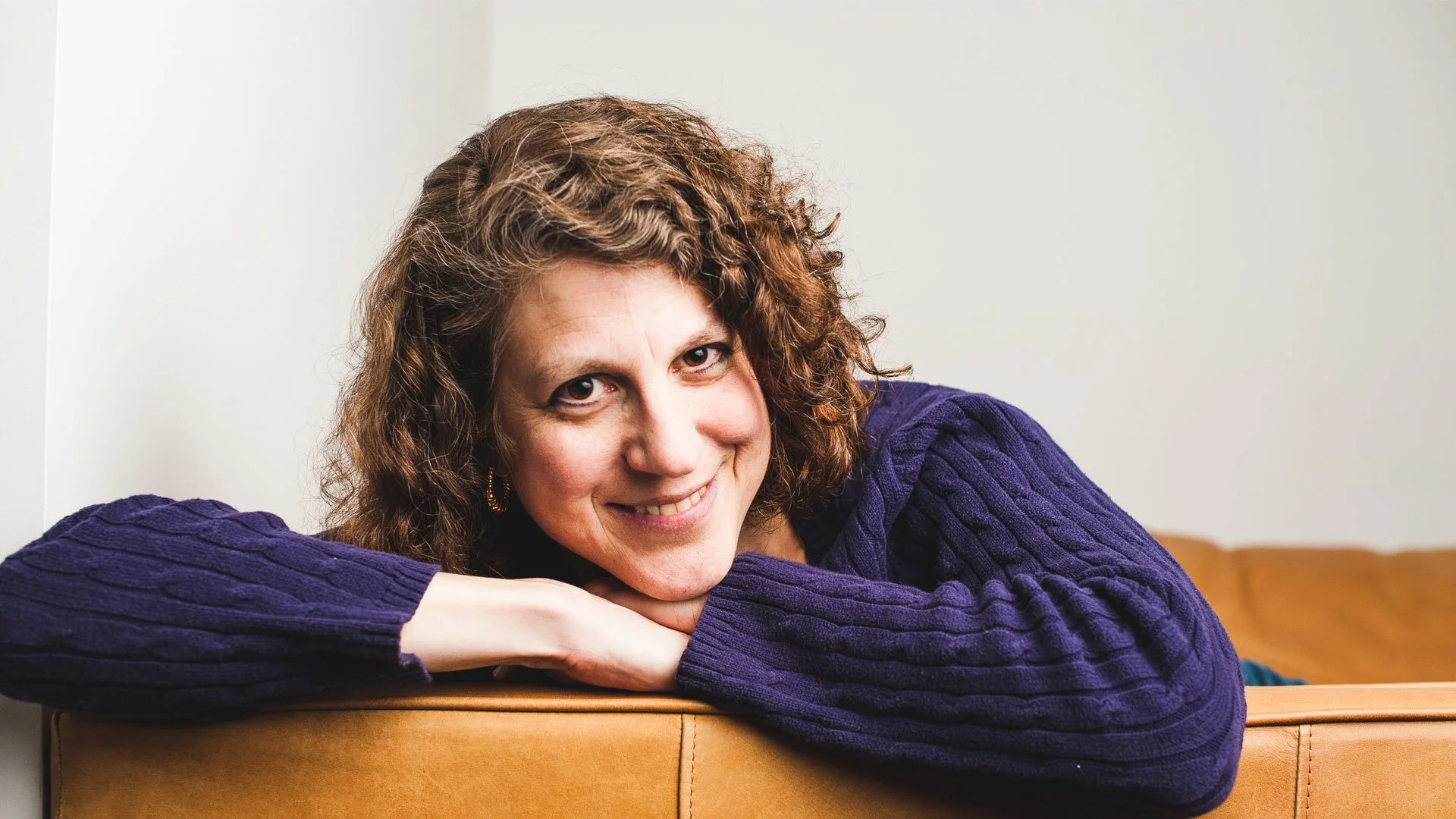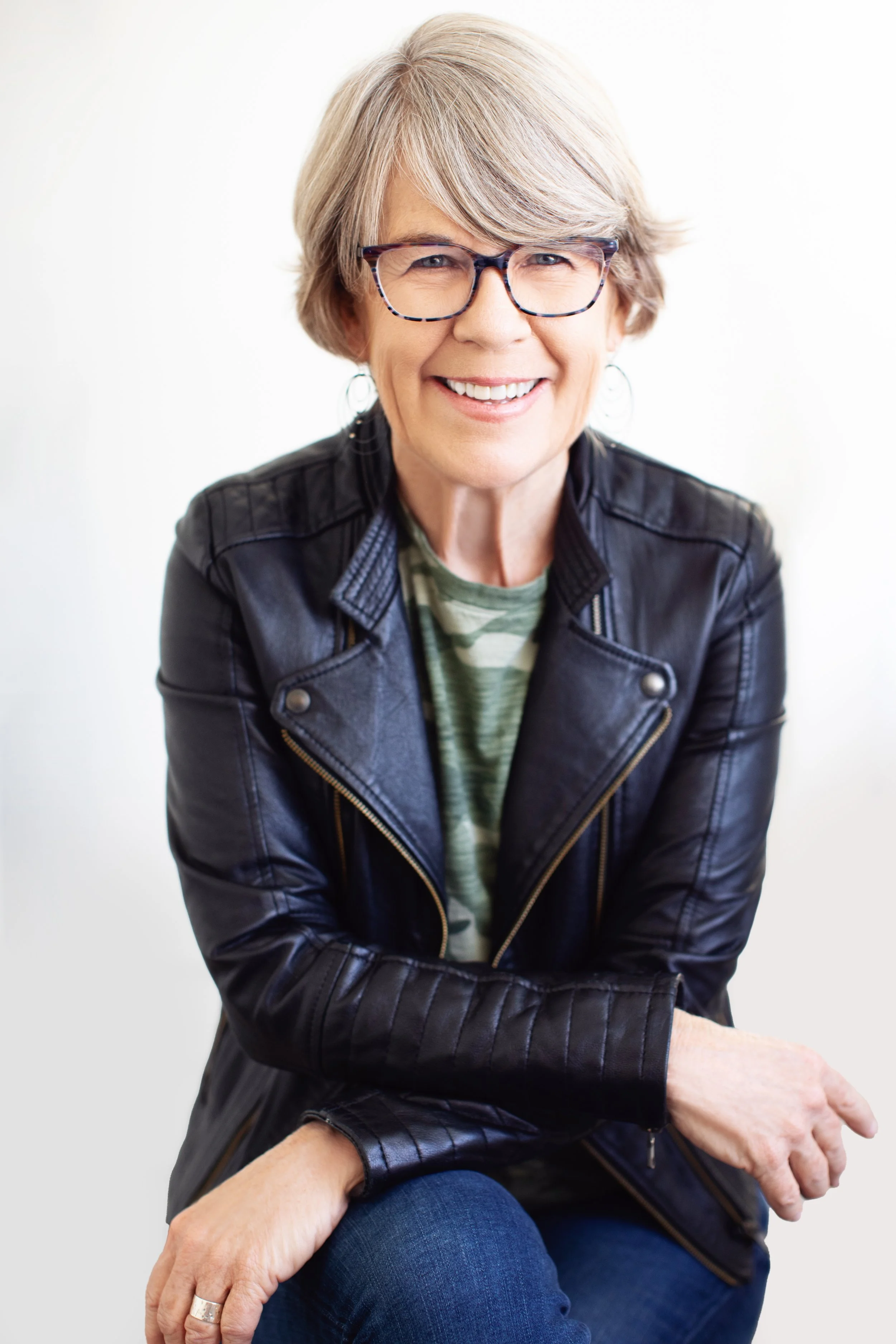Advice for Beginning Romance Authors by E.F. Dodd
/With three successful romance publications under her belt and a new cozy, holiday romance set to release in November, 2023, E.F. Dodd offers some words of advice and encouragement for any new resident of Romancelandia.
This is a bit like the blind leading the blind since I too am a beginning romance author. Yes, I’ve now got three books under my belt (or out of the printer, as it were) with another one on the way. But in all honesty, I still feel like a beginner! Maybe that’s better, though, since we’re in the same boat rowing to the same destination of Romancelandia.
READ. The first piece of advice I got that has served me well was to keep reading. Read as much as you can from as many authors as you can in all aspects of the romance genre (or at least aspects with which you’re comfortable). Reading the work of others helps you delve into what makes a romance novel work. Like avoiding clunky dialogue, what it really means to “show and not tell”, and how to make conflict believable. The authors who’ve gone before us have given us such great texts to learn from that it would be a shame not to take advantage of them!
It’s called a “draft” for a reason. Of almost equal importance is to not be traumatized by having an absolute crap first draft of your book. Trust me when I say that’s the point of having a first draft. You’ve gotten the idea out there. It’s on page and no longer gnashing around in your brain like some sort of wild animal. Now that you’ve pulled it from its lair, the real work on domesticating it begins. I don’t use the word tame, because you want it to stay the same bold, beautiful idea you came up with. You just want to shape it into the story you want to tell. Smooth the rougher edges, close the gaps and hone it into a book you’re proud of. And don’t worry if what this means is that you re-write every single word of the first draft. That’s okay! I’ve done it and lived to tell the tale, lol!
Behind every great writer, there’s an amazing editor. A key part of training that unruly first draft is having a great editor. Don’t just pick the one who has a cute Instagram page, or who offers you a sweet deal. Do your research to determine who is the right person to help you raise your first draft from infant idea to fully-grown novel. Ask for references. Look at books they’ve edited. And don’t be afraid to change editors if you feel like the fit isn’t right, or if you have another book that’s going in a different direction. I had a great editor on my first book, another great editor on my next two books and yet one more editor on my latest book that will be out this fall. As I grew as a writer, my editing needs grew as well. I found that I needed different things on my last book than I did two books ago, which meant I needed a different editor. And that’s okay! It’s also perfectly fine if you find a relationship with one editor who works with you on everything. It’s all about getting that right fit and once you have it, there’s nothing like it.
The last thing I’d say is less advice and more encouragement. If you submit your book through queries to agents and go the traditional publishing route, please don’t get discouraged. Rejections, even when phrased super politely, hurt. They hurt because you know how hard you’ve worked on your book. How many weeknights you’ve stayed up late, or weekends you spent holed up with your laptop clacking away on those keys. You know how much thought you put into writing this book. How you agonized over word choice and which scenes to cut or expand. Your book means a lot to you and to have someone tell you they’re not interested in it . . . well, it sucks. I know this because I’ve experienced it. But what you must remember through all of it is that your book is something to be proud of because you took the time to write it. That alone makes it special and makes you a romance writer. That’s what’s important. You’re a member of the club now and you’re welcome here.
Like her heroines, E.F. Dodd came from a close-knit family in a small town in North Carolina. Although she dallied briefly with city life, she retreated back to the country, where she now lives with her long-time boyfriend and an English bulldog. From a young age, she enjoyed creating stories, including the time at five years old when she’d almost convinced her grandmother that she’d gone horseback riding all alone… until she added a friendly crab to the storyline. With age came wisdom and the understanding of how far to stretch a plotline. E.F. Dodd is the author of Risky Restoration (2021), Earning It (2022), A Higher Standard (2023), and Almost Perfect (2023).

